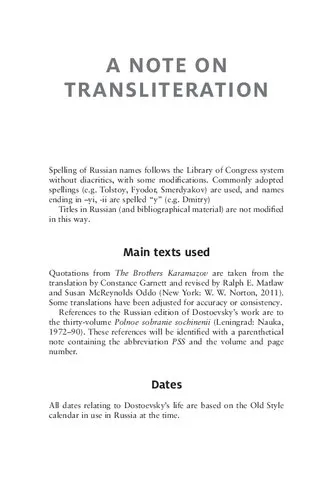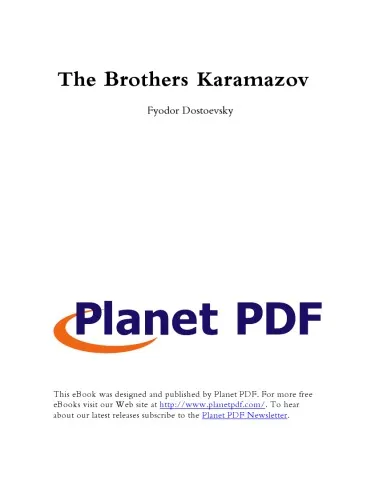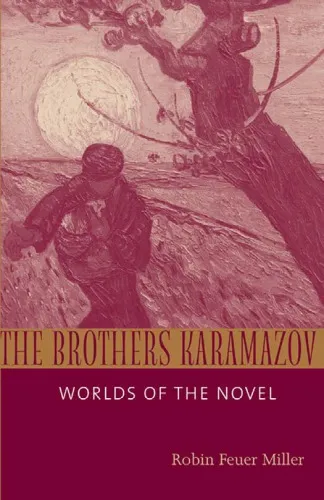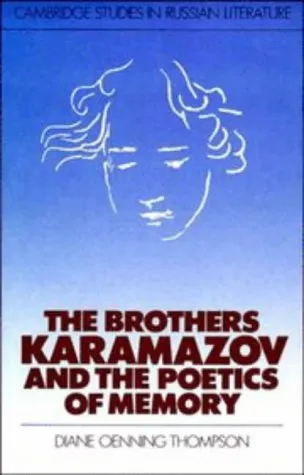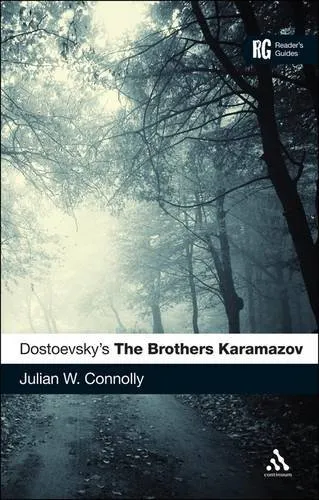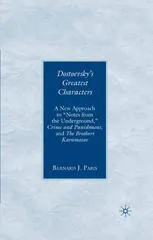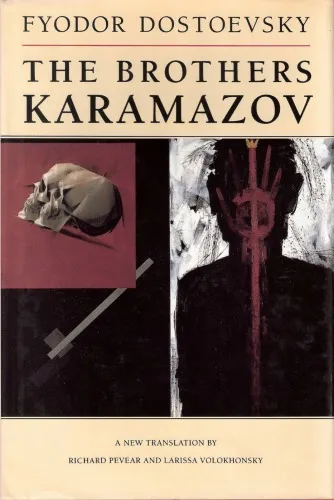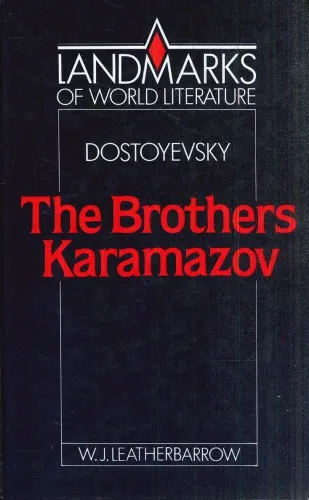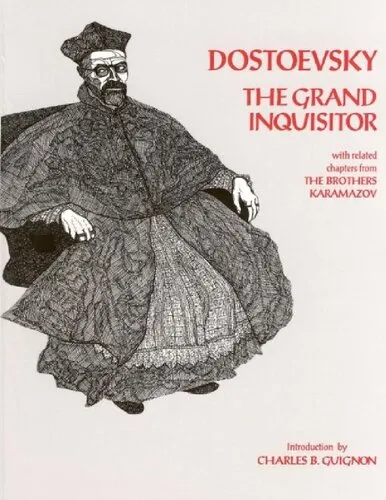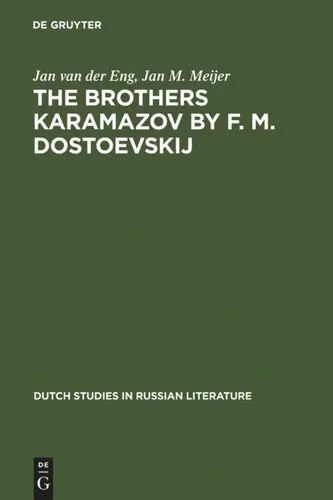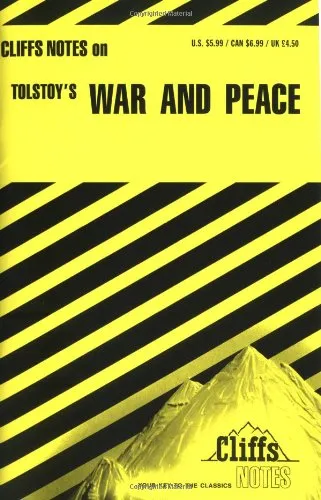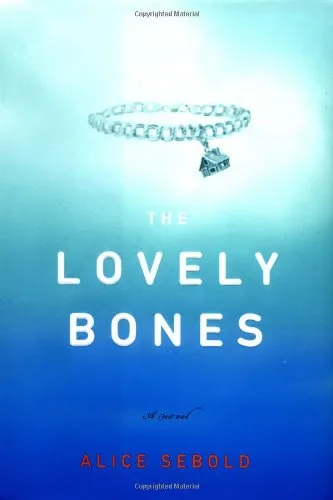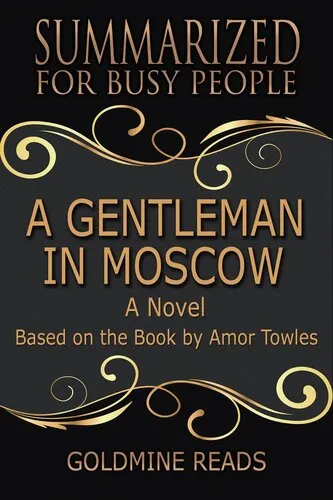Dostoevsky’s The Brothers Karamazov
4.3
Reviews from our users

You Can Ask your questions from this book's AI after Login
Each download or ask from book AI costs 2 points. To earn more free points, please visit the Points Guide Page and complete some valuable actions.Related Refrences:
Persian Summary
Introduction to Dostoevsky's The Brothers Karamazov
Fyodor Dostoevsky’s "The Brothers Karamazov" is a novel that stands as a pinnacle of world literature, diving deep into the moral and existential quandaries of human existence. It explores themes of faith, free will, and the nature of evil, crafted through the intense lives of the Karamazov family. This introduction aims to provide a comprehensive overview of this literary masterpiece, highlighting its plot, critical themes, memorable quotes, and its enduring significance.
Detailed Summary of the Book
The novel is set in 19th-century Russia and revolves around the turbulent lives of the Karamazov family. The patriarch, Fyodor Pavlovich Karamazov, is a lewd and selfish landowner, whose irresponsible and outrageous behaviors lay the groundwork for the familial and moral chaos that ensues. He has three sons: Dmitri (Mitya), Ivan, and Alexei (Alyosha). Dmitri is passionate and impulsive, Ivan is an intellectual and skeptic, and Alyosha is a novice monk, symbolizing innocence and spiritual purity.
The narrative begins with Alyosha, who is held in high regard by his mentor, the elder Zosima, at the monastery. While Zosima's presence underscores the spiritual themes of the book, the murder of Fyodor Karamazov becomes the central plot point, driving the brothers into a desperate search for truth, redemption, and justice.
Dmitri, who is entangled in a bitter rivalry with Fyodor over the affections of the enigmatic Grushenka, becomes the primary suspect in his father’s murder. This prompts a moral and philosophical exploration through Ivan, whose existential contemplations challenge the existence of God and the nature of morality, culminating in his "Grand Inquisitor" poem. Throughout, Alyosha tries to mediate and heal the deep-seated emotional and spiritual wounds afflicting his family and community.
Key Takeaways
- Faith vs. Doubt: The novel deeply investigates religious faith and moral ambiguity, particularly through Ivan's philosophical discourse and Alyosha's spiritual journey.
- Moral Responsibility: Through its complex characters, the narrative questions the essence of moral accountability and the interconnectedness of human actions.
- Family Dynamics: The Karamazov brothers' drama provides a microcosm of broader societal issues, representing the clash between generational values and personal ambitions.
Famous Quotes from the Book
The novel is rich with thought-provoking and compelling quotations that have resonated with readers across generations:
“The mystery of human existence lies not in just staying alive, but in finding something to live for.”
“What is hell? I maintain that it is the suffering of being unable to love.”
“Above all, don't lie to yourself. The man who lies to himself and listens to his own lie comes to a point that he cannot distinguish the truth within him, or around him, and so loses all respect for himself and for others.”
Why This Book Matters
"The Brothers Karamazov" is more than just a novel; it is a philosophical treatise on the human condition. Dostoevsky weaves a complex tapestry of characters and themes that probe the depths of faith, ethics, and human psychology. It is a pivotal work that challenges readers to reflect on their beliefs about righteousness, love, and justice.
The novel’s significance extends beyond its historical and cultural context, establishing a timeless dialogue about the eternal questions of existence. It has influenced a wide array of intellectual thought across disciplines, affecting not only literature but also philosophy, theology, and psychology.
The penetrating insights and profound emotional depth found within "The Brothers Karamazov" ensure its place as a monumental work that continues to inspire and challenge readers to this day.
Free Direct Download
You Can Download this book after Login
Accessing books through legal platforms and public libraries not only supports the rights of authors and publishers but also contributes to the sustainability of reading culture. Before downloading, please take a moment to consider these options.
Find this book on other platforms:
WorldCat helps you find books in libraries worldwide.
See ratings, reviews, and discussions on Goodreads.
Find and buy rare or used books on AbeBooks.
1634
بازدید4.3
امتیاز0
نظر98%
رضایتReviews:
4.3
Based on 0 users review
Questions & Answers
Ask questions about this book or help others by answering
No questions yet. Be the first to ask!
